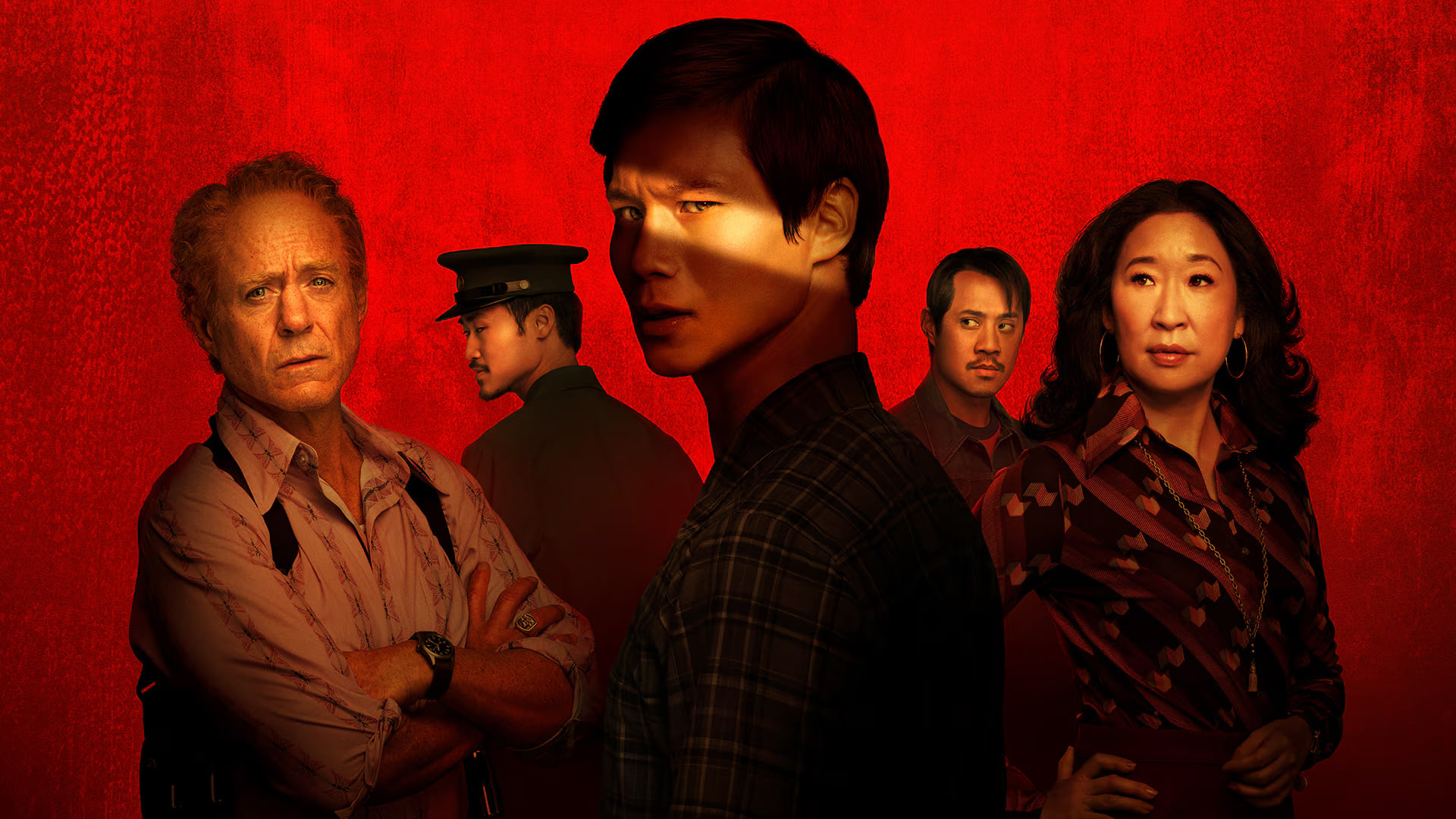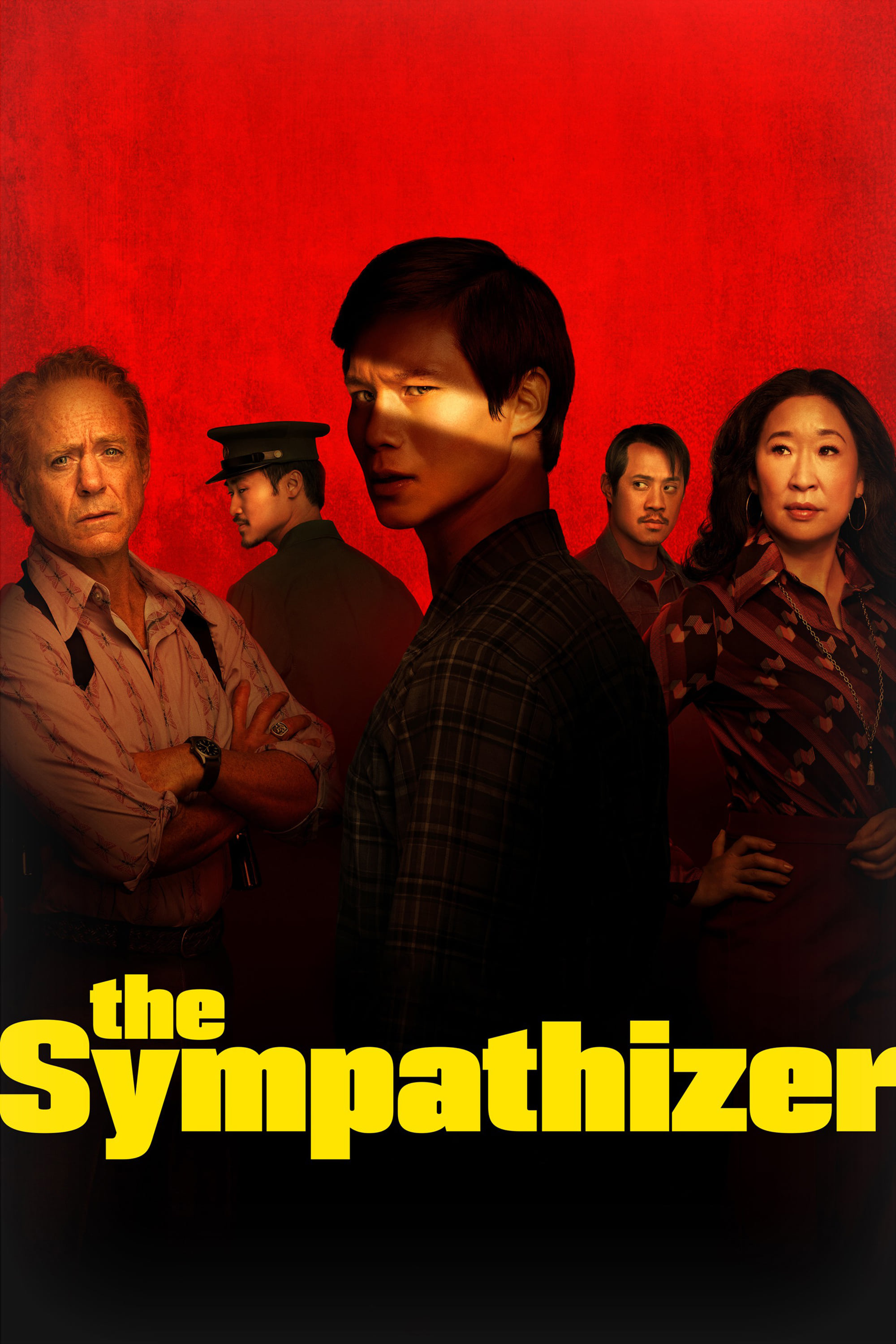
The Sympathizer (2024)
The Sympathizer (2024)
"I did not want to write this book as a way of explaining the humanity of the Vietnamese."
Viet Thanh Nguyen, the author of The Sympathizer, once quoted Toni Morrison in saying that "to have to explain yourself to white people distorts you because you start from a position of assuming your [...] lack of humanity in other people's eyes."
This is often a problem with depicting characters who are minorities in one way or another in Western movies, TV, and so on. The writing starts out in an inherently defensive position, often doing everything it can to depict such characters as near flawless and unproblematic, because to give them any sort of debilitating flaw would, in their eyes, undermine the character's goodness, undermine their humanity, undermine their right to be represented. But to be human is to be flawed, to be nasty and disgusting, to be all these terrible things and yet still yearn, still want to be good.
Asians occupy a very strange place in the Western media landscape. This is a place that does everything it can to erase Asian men from existence and to reduce Asian women as a white man's plaything. A place where you can take Asian novels and comics, adapt them for the West, and get away with not casting almost a single Asian person in it, like Bullet Train and Netflix's 3 Body Problem. A place where you can write a sci-fi piece where an Asian person gets put into a white body and uncritically insinuate they are better off for it, and no one would think it particularly strange, like Altered Carbon and Ghost in the Shell 2017.
And yet simultaneously, Asian-Americans are not thought of as oppressed the same way every other minority group in the West is. Despite the historical and contemporary violence they suffer, despite the Red Scare hysteria that marks every one of them a target of suspicion, despite the way they are deliberately rendered invisible, they are not thought of as victims, because they are not thought of very much at all. That's how they are silently rendered nonhuman. Unlike other minority groups in the country, they are not even worth the brunt of the establishment's active anger and scorn most of the time. Asians are seen in the West, not as people, but as a nebulous mono-culture, ripe for taking and co-opting as they please, and the Vietnam War and its consequences are no exception.
This is why The Sympathizer, both novel and series, will always be dear to me. It stands up and says "yes, we're human too, and all the good and terrible things that entails. You're the strange one for being surprised that we're people too, with our own feelings and baggage. We're just as ugly, petty, violent, and troubled as you are. We have many different ideals and beliefs that pit us against each other, but that does not mean one side is wholly good or bad, that one side is human or inhuman. We're simply us. Whether you like it or not, your story is our story too."
The Sympathizer is not ashamed of itself, what it represents, or who it depicts. That's what makes it important to me, and to the media industry at large.
1





